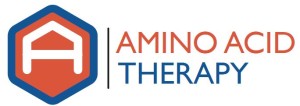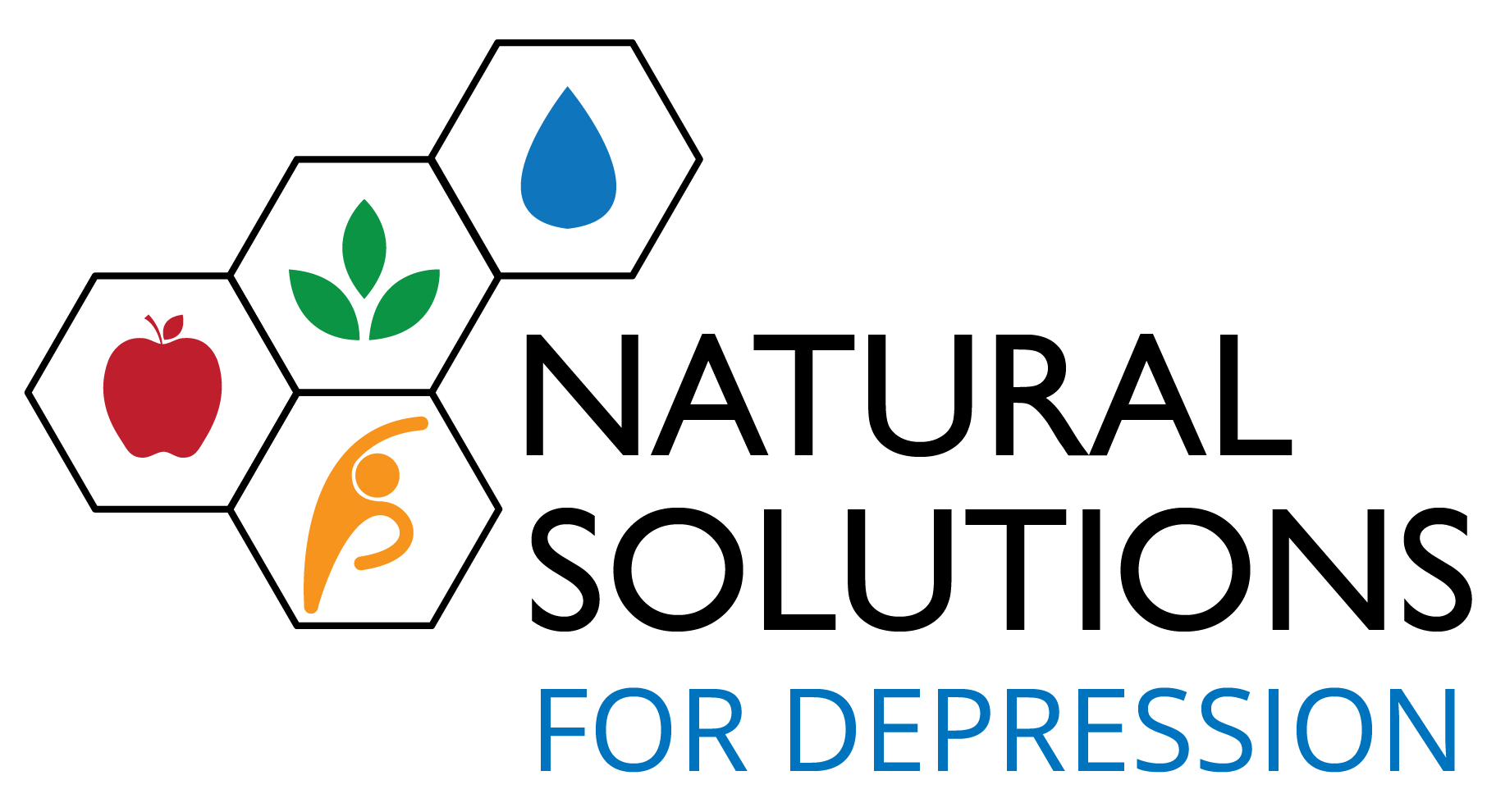Amino Acid Therapy and Depression
Amino acid therapy is a term used to describe the use of supplemental amino acids to help balance brain chemicals called neurotransmitters. Although there are 22 known amino acids, only a few have a substantial impact on neurotransmitter levels; these include tryptophan (via 5-HTP), tyrosine, glutamic acid and aspartic acid.
Amino acid therapy entails supplying each person the right balance of amino acids they need along with the other nutrients needed (called cofactors) to restore proper neurotransmitter function. This requires professional guidance, which may include testing to determine a person’s exact amino acid needs.
The goal of amino acid therapy is to restore proper neurotransmitter function which will alleviate disease-like RND symptoms due to neurotransmitter imbalance and optimize health.
 “Studies have shown that following this approach leads to a relief of depressive symptoms in 93% of people, with the remaining 7% requiring a dual drug-amino acid approach to achieve a relief of symptoms.”
“Studies have shown that following this approach leads to a relief of depressive symptoms in 93% of people, with the remaining 7% requiring a dual drug-amino acid approach to achieve a relief of symptoms.”
Once your neurotransmitter function has been optimized using targeted amino acid therapy, you will likely be free or depression-like RND symptoms. Research indicates that 93% of people taking properly balanced amino acid therapy will achieve relief from depression-like RND symptoms. The remaining 7% require a dual drug-amino acid approach to achieve a relief of symptoms. Our clinical experience has been similar, with nearly 100% of people responding favorably to properly adjusted amino acid therapy, leaving them free of depression-like RND symptoms.




